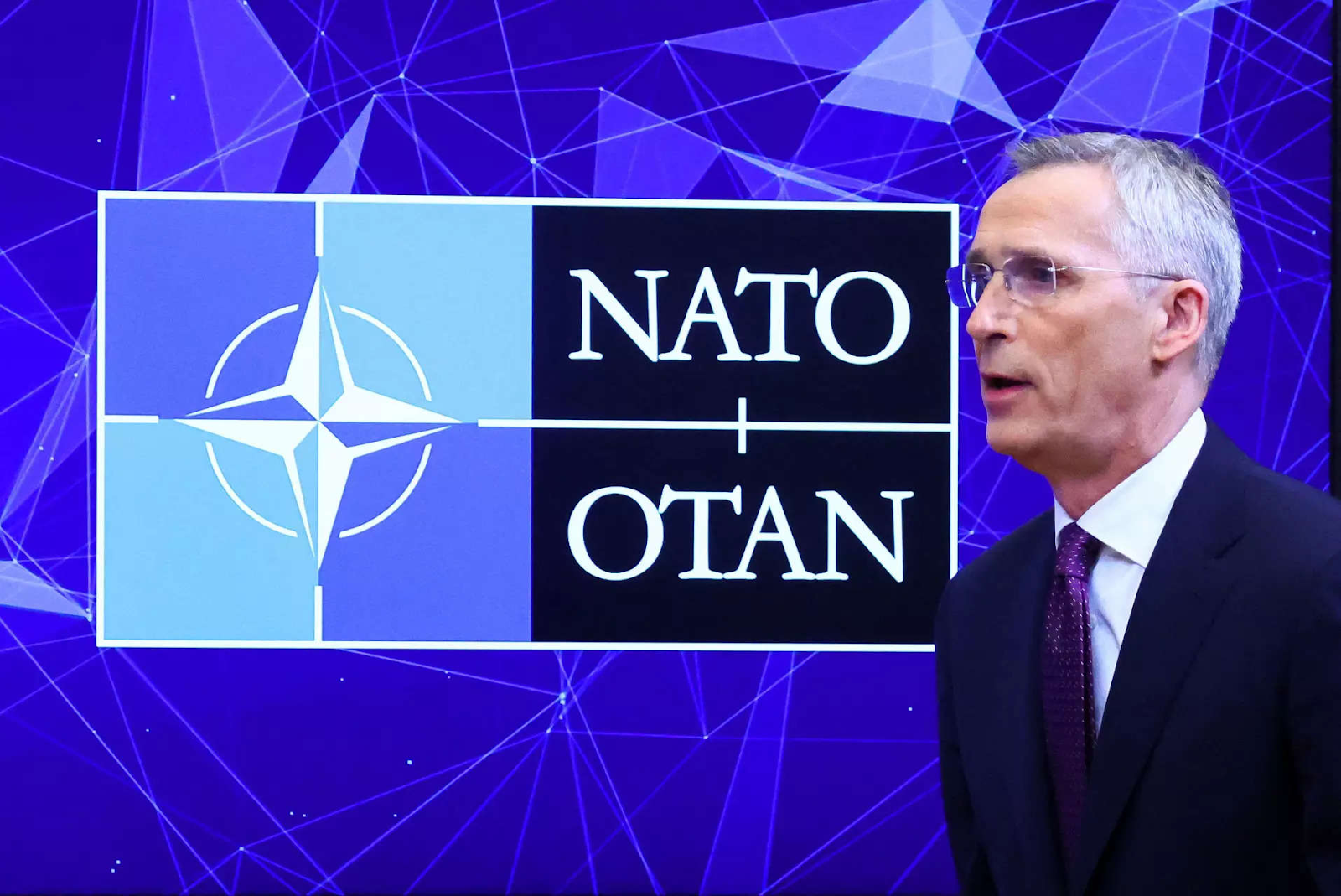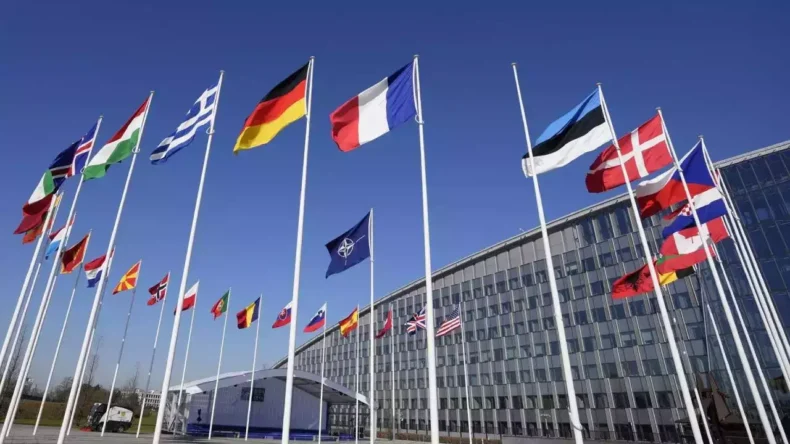Introduction:
The possibility of Ukraine’s membership in NATO has been a topic of intense debate and speculation in recent years. This issue has gained renewed attention following U.S. President Joe Biden’s remarks stating that Ukraine is not yet ready for NATO membership. Against the backdrop of evolving geopolitical dynamics and NATO’s expanding reach, the question of Ukraine’s readiness and the implications of its potential accession to the alliance continue to shape the global political landscape. Let’s delve into the complexities surrounding Ukraine’s NATO membership aspirations and the broader implications of NATO’s expanding presence.
Ukraine’s Aspirations and NATO’s Stance:
Ukraine, a country at the crossroads of Europe and Russia, has long expressed its desire to join NATO as a means of bolstering its security and aligning with Western democracies. However, President Biden’s recent statement has underscored the challenges that lie ahead for Ukraine’s path to NATO membership. While NATO has been supportive of Ukraine’s territorial integrity and sovereignty, concerns remain about the country’s internal stability, the ongoing conflict in eastern Ukraine, and its ability to meet the alliance’s membership criteria.
Geopolitical Shifts and NATO’s Expanding Reach:
The debate surrounding Ukraine’s NATO membership comes at a time when NATO is reevaluating its role and expanding its reach beyond its traditional Euro-Atlantic domain. Geopolitical shifts, including rising tensions in the Asia-Pacific region, have prompted NATO to reassess its strategic priorities and forge new partnerships. This shift has led to discussions about NATO’s role in the Asia-Pacific, raising questions about the alliance’s evolving purpose and its implications for global security dynamics.

Ukraine’s Strategic Significance:
Ukraine’s strategic location and historical context add complexity to the debate over its NATO membership. Situated on the border between Russia and Europe, Ukraine serves as a geopolitical buffer zone and has faced significant challenges in balancing its relationships with both sides. The conflict in eastern Ukraine and Russia’s annexation of Crimea in 2014 have further complicated Ukraine’s aspirations and fueled concerns about regional stability.
U.S.-Ukraine Relations and Biden’s Visit:
President Biden’s visit to Britain ahead of the NATO summit carried significant geopolitical implications, including discussions on Ukraine. While emphasizing that Ukraine is not yet ready for NATO membership, President Biden reiterated the United States’ commitment to supporting Ukraine’s sovereignty and territorial integrity. The visit provided an opportunity for Biden to engage with NATO allies and address key issues, including Ukraine’s position within the alliance.
Broader Implications of NATO Expansion:
NATO’s expanding reach into regions beyond its traditional sphere of influence has sparked debates about the alliance’s purpose and potential consequences. The decision to extend NATO’s influence to the Asia-Pacific region has raised concerns among some nations, including China and Russia, who view it as a challenge to their own strategic interests. The expansion also raises questions about NATO’s ability to effectively manage its commitments, maintain unity among member states, and address the diverse security challenges it faces.
The Role of Diplomacy and Multilateral Cooperation:
As Ukraine’s aspirations for NATO membership continue to be debated, the importance of diplomacy and multilateral cooperation cannot be understated. Constructive dialogue among stakeholders, including Ukraine, NATO, Russia, and other relevant actors, is crucial to finding a peaceful resolution and ensuring regional stability. Balancing the interests and concerns of all parties involved is a complex task that requires careful diplomacy and a commitment to fostering trust and understanding.
Conclusion:
The question of Ukraine’s NATO membership remains a complex and multifaceted issue, intertwined with evolving geopolitical dynamics and NATO’s expanding reach. While President Biden’s recent remarks may have tempered expectations, Ukraine’s aspirations for NATO membership persist, fueled by its desire for security and alignment with Western values. As the global political landscape continues to evolve, the discussions surrounding Ukraine’s NATO membership will undoubtedly shape the trajectory of regional security and have broader implications for international relations and alliances in the years to come.













